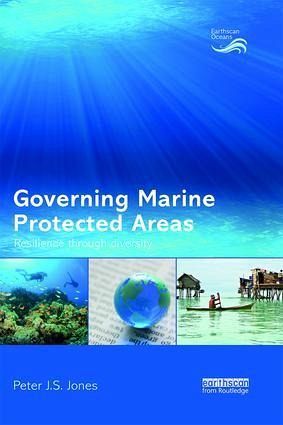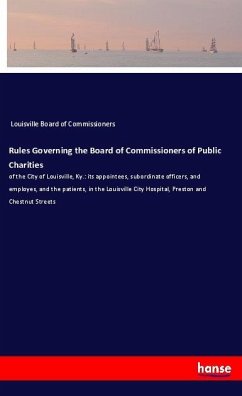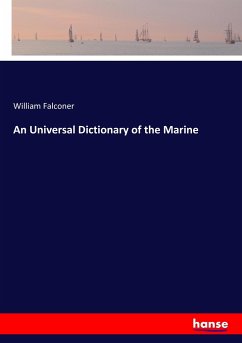
Governing Marine Protected Areas
Resilience through Diversity
Versandkostenfrei!
Versandfertig in 1-2 Wochen
64,99 €
inkl. MwSt.
Weitere Ausgaben:

PAYBACK Punkte
32 °P sammeln!
In this innovative volume, the author addresses some important challenges related to the effective and equitable governance of marine protected areas (MPAs). These challenges are explored through a study of 20 MPA case studies from around the world. A novel governance analysis framework is employed to address some key questions: How can top-down and bottom-up approaches to MPA governance be combined? What does this mean, in reality, in different contexts? How can we develop and implement governance approaches that are both effective in achieving conservation objectives and equitable in fairly ...
In this innovative volume, the author addresses some important challenges related to the effective and equitable governance of marine protected areas (MPAs). These challenges are explored through a study of 20 MPA case studies from around the world. A novel governance analysis framework is employed to address some key questions: How can top-down and bottom-up approaches to MPA governance be combined? What does this mean, in reality, in different contexts? How can we develop and implement governance approaches that are both effective in achieving conservation objectives and equitable in fairly sharing associated costs and benefits?
The author explores the many issues that these questions raise, as well as exploring options for addressing them. A key theme is that MPA governance needs to combine people, state and market approaches, rather than being based on one approach and its related ideals. Building on a critique of the governance analysis framework developed for common-pool resources, the author puts forward a more holistic and less prescriptive framework for deconstructing and analyzing the governance of MPAs. This inter-disciplinary analysis is aimed at supporting the development of MPA governance approaches that build social-ecological resilience through both institutional and biological diversity. It will also make a significant contribution to wider debates on natural resource governance, as it poses some critical questions for contemporary approaches to related research and offers an alternative theoretical and empirical approach.
The author explores the many issues that these questions raise, as well as exploring options for addressing them. A key theme is that MPA governance needs to combine people, state and market approaches, rather than being based on one approach and its related ideals. Building on a critique of the governance analysis framework developed for common-pool resources, the author puts forward a more holistic and less prescriptive framework for deconstructing and analyzing the governance of MPAs. This inter-disciplinary analysis is aimed at supporting the development of MPA governance approaches that build social-ecological resilience through both institutional and biological diversity. It will also make a significant contribution to wider debates on natural resource governance, as it poses some critical questions for contemporary approaches to related research and offers an alternative theoretical and empirical approach.














